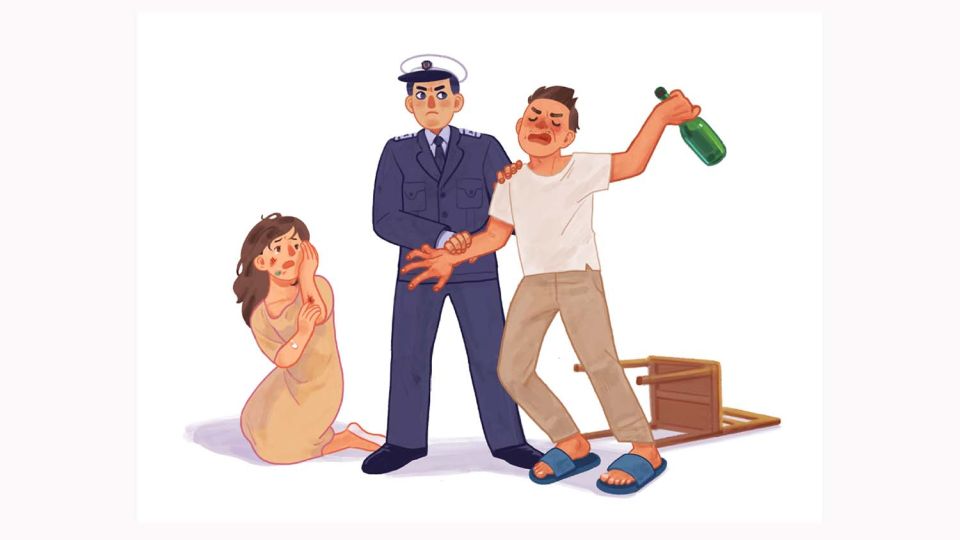March 22, 2022
BEIJING – SPC calls for quick channel to accept applications, better evidence collection
While suing for divorce earlier this year, a woman surnamed Zheng in Rizhao, Shandong province, also applied to a local court for a personal safety protection order, saying she could not bear her husband’s harassment and threats.
After an investigation, the Donggang District People’s Court found the couple had not lived together for some time, and Zheng had called police four times during their separation period because of frequent disturbances caused by her husband.
“He followed me on my way back home or to work, and he would also insult me and my relatives while visiting our child,” Zheng said, adding his behavior seriously disturbed her daily life.
Although the divorce case has not been resolved, the court recently issued the protection order, identifying the man’s harassment and insults as domestic violence and requiring him not to approach Zheng.
Chinese courts issued 3,356 such orders last year, according to the annual work report of the Supreme People’s Court, China’s top court, which was released on March 8 at the annual meeting of the National People’s Congress, China’s top legislature. Similar to restraining orders in the West, they are civil measures meant to protect those subjected to pain or damage by family members.
Explaining the report at the fifth session of the 13th NPC, SPC President Zhou Qiang said: “We firmly oppose domestic violence and urge harsh punishment for perpetrators. We’ve also worked with women’s federations nationwide to ensure personal safety protection orders work effectively, in a bid to further safeguard the rights and interests of women and children.”
A few days before the session, which closed on March 11, the top court issued a joint guideline with six other government agencies, including the ministries of education, public security and civil affairs, calling for more effective implementation of personal safety protection orders.
The authorities lauded the role of such orders in reducing the possibility of further harm being done to victims in recent years, but admitted that some people still complain that it is difficult to apply for them, as many courts insist on strict reviews of evidence in cases of domestic violence.
To solve the problem, the 20-article guideline required courts at each level to establish a quick channel for accepting applications for personal safety protection orders and to make more efforts to help victims collect evidence.
It also said courts should inform local public security departments, community committees, schools, women’s federations and associations for children’s protection within 24 hours of issuing an order and ask them to assist in its implementation.
The authorities and organizations have the right to monitor whether the order is effective, and they need to contact courts or public security organs in a timely manner if the order is not carried out, it said.
Civil affairs departments were urged to give more training to those responsible for solving domestic disputes and to provide more funds and staffing for handling domestic violence. It also ordered them to promote the building of temporary shelters for victims.
The guideline requires government agencies and social organizations to report clues about domestic violence to police as quickly as possible, adding that mediation services, legal aid and psychological help should also be improved to prevent victims from being further harmed.
China has attached importance to protecting women’s rights in various ways over the past few years. Its first Anti-Domestic Violence Law came into effect in March 2016, and national legislators began consideration of amendments to the Women’s Rights Protection Law late last year.
When reviewing the law in December, a number of lawmakers suggested that prosecutors initiate public-interest litigation against government agencies that perform poorly in dealing with domestic violence.


